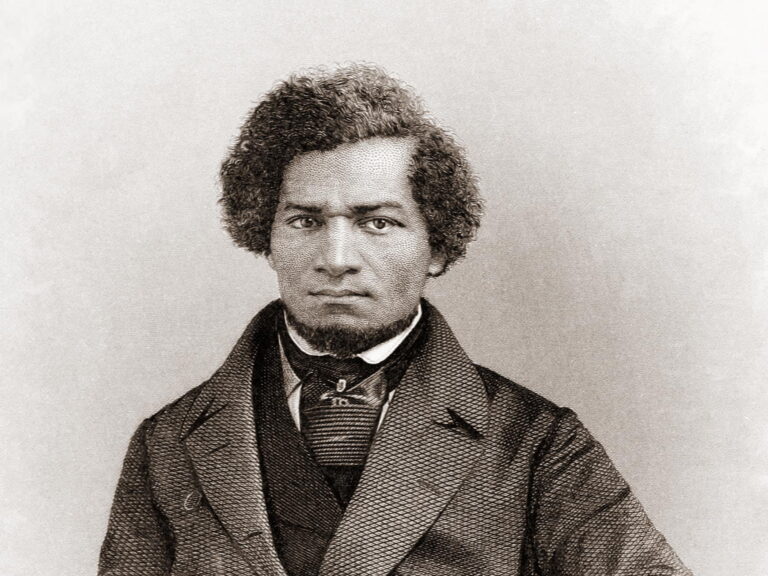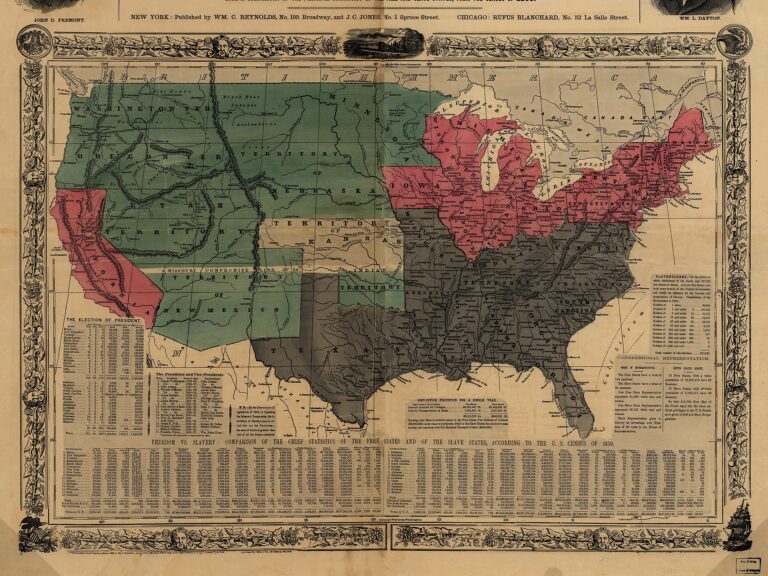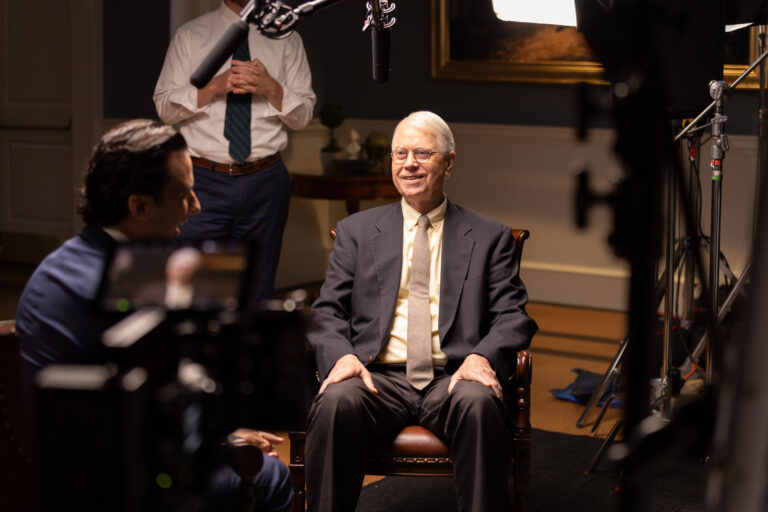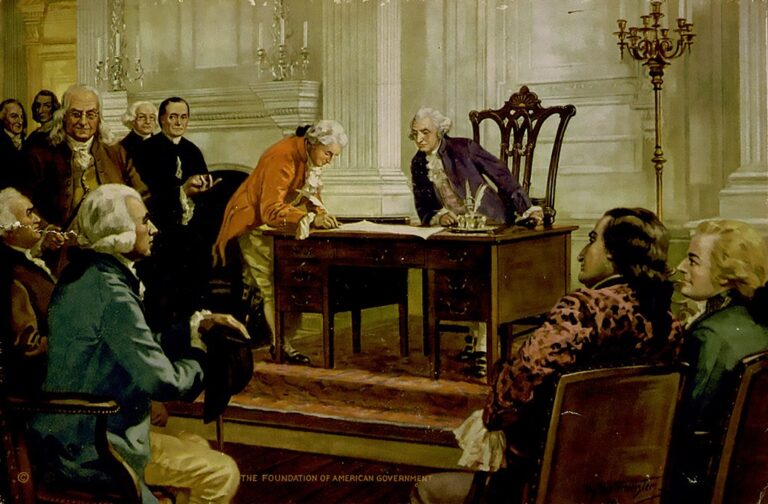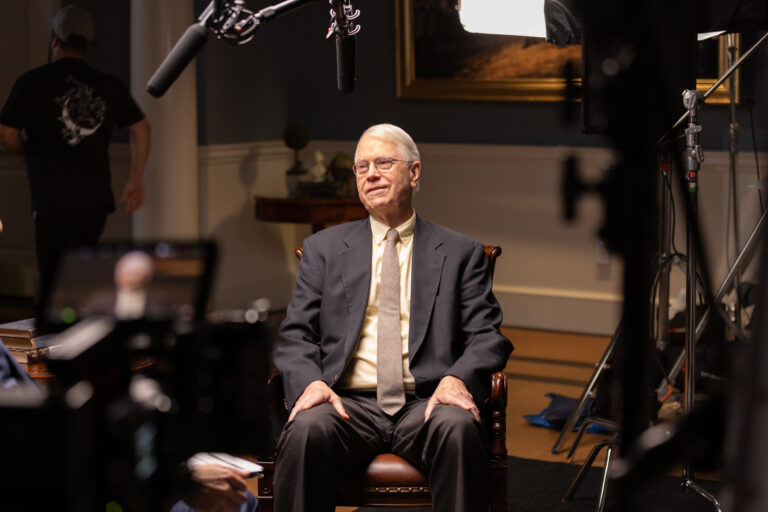Our Constitution Was Made Only for a Moral and Religious People
On October 11, 1798, John Adams wrote to the Massachusetts Militia that
Because We have no Government armed with Power capable of contending with human Passions unbridled by morality and Religion. Avarice, Ambition, Revenge or Gallantry, would break the strongest Cords of our Constitution as a Whale goes through a Net. Our Constitution was made only for a moral and religious people. It is wholly inadequate to the government of any other.
But are we still a moral and religious people? In “The Real American Founding: A Conversation,” professors of politics David Azerrad and Thomas West help us answer that question.
In the fifth lecture of that course, titled “Morality and Virtue,” professors Azerrad and West discuss the fact that government always legislates morality, but what that morality consists of depends on the beliefs of those who make the laws. The nature of the legislative power is to tell people what they can and cannot do, what is right and wrong.
In the Founders’ understanding, they believed that government ought to support true morality and virtue. That is, morality and virtue grounded in the laws of nature and of nature’s God, from which they derived man’s natural rights and duties.
The Founders also believed that the laws of nature and of nature’s God, along with the natural rights and duties derived from them, were in accord with their Christian beliefs. Government therefore ought not to be hostile to Christianity, but rather should support it with laws that are friendly to it and encourage its flourishing among the citizenry.
For example, in Washington’s Farewell Address, he advises that
Of all the dispositions and habits which lead to political prosperity, Religion and morality are indispensable supports. In vain would that man claim the tribute of Patriotism, who should labor to subvert these great Pillars of human happiness, these firmest props of the duties of Men and citizens. The mere Politician, equally with the pious man ought to respect and to cherish them. A volume could not trace all their connections with private and public felicity. Let it simply be asked where is the security for property, for reputation, for life, if the sense of religious obligation desert the oaths, which are the instruments of investigation in Courts of Justice? And let us with caution indulge the supposition, that morality can be maintained without religion. Whatever may be conceded to the influence of refined education on minds of peculiar structure, reason and experience both forbid us to expect that National morality can prevail in exclusion of religious principle.
Without those great pillars of human happiness—religion and morality, with the former supporting the latter—the courts of justice become a sham because oaths cannot be trusted. Property, reputation, and life will not be protected.
Washington therefore warns us to be on our guard against those who “should labor to subvert these great pillars of human happiness.” Have we heeded his warning?
Professor Azerrad points out that America’s “elites”—those in positions of authority—have abandoned the Founders’ belief that Christianity ought to be encouraged to flourish in America. He observes that
the consensus elite view is that religion—and Christianity in particular—is dangerous. You shouldn’t talk about it; you shouldn’t subsidize it. Whereas the secular religions of the age—feminism, critical race theory, sexual liberation, transgenderism—they get subsidized, promoted, pushed everywhere.
Professor West agrees and observes that the change “didn’t really happen until post-World War II. And the reason why is because those in positions of authority now have a different understanding of justice and morality than the Founders.” According to Dr. West, the post-war “elite” no longer viewed the purpose of government as being to secure the rights of citizens:
They wanted to get people away from the idea that somehow or other property rights are to be respected and defended, in order to justify the new orientation towards property, which is redistribution—to governments, to groups that government designates as disadvantaged. And the same thing is true with regard to sex and sexual liberation. As that becomes more and more important to the elites of our society, in the ’40s and ’50s and ’60s, then Christianity came to be seen as the enemy. . . . “Thou shall not commit adultery.” It’s a principle that had to be overturned in order to justify the sexual revolution.
There is a stark contrast between the world we live in versus the one inhabited by the Founders, especially including the laws they implemented versus the ones we live under today. Our world has changed drastically, and in many cases, not for the better.
If we are no longer a moral and religious people, and if Adams was right, then do we still live under the same Constitution? Indeed, with the rise of Progressive, bureaucratic government, followed by the takeover by the radicals of the 1960s and their cultural Marxist ideology, it appears that our government has undergone a radical revolution. By not entirely and overtly discarding the parchment which contains our fundamental law, but rather keeping it under protective glass as a mere relic, the revolutionaries pulled off a clever coup by grasping authority under the guise of legitimacy.


